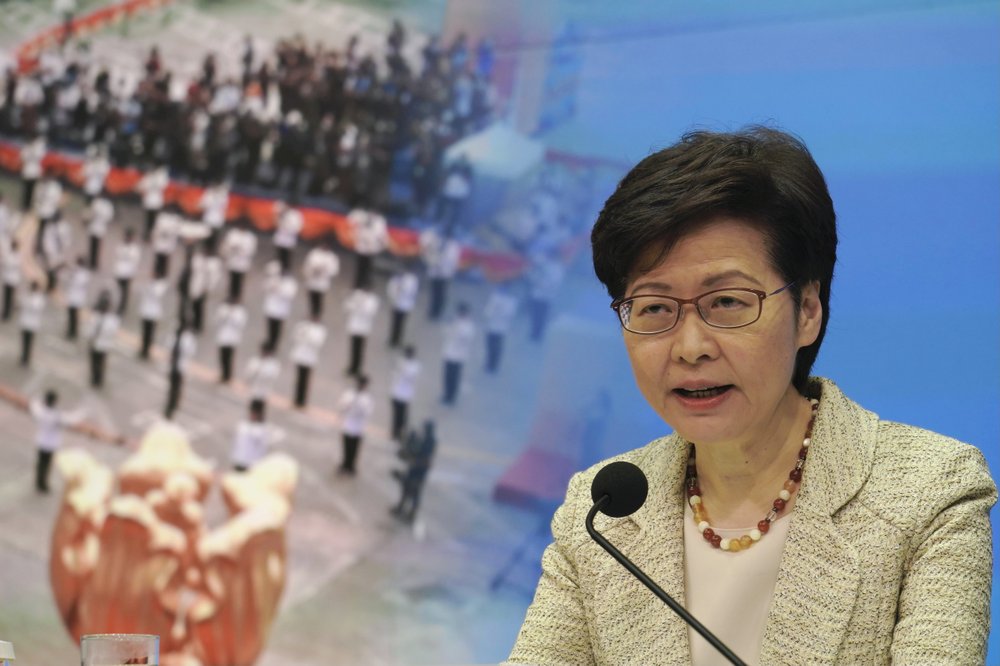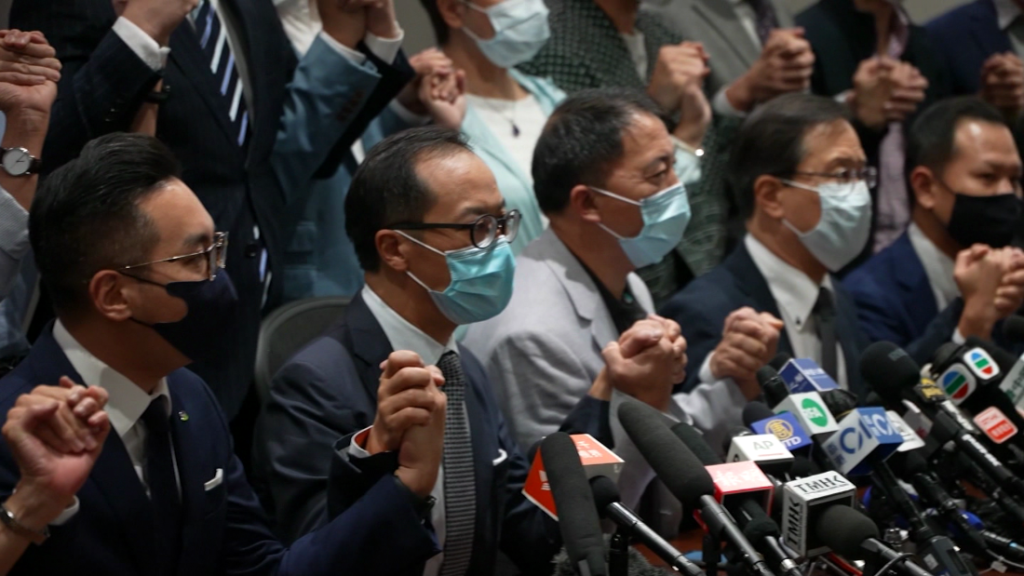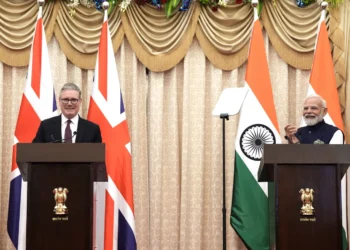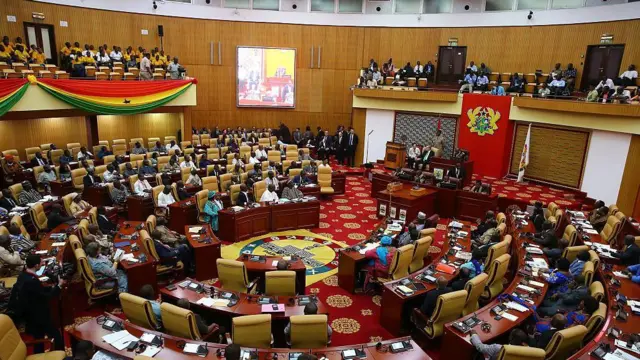China has approved a sweeping overhaul of Hong Kong’s political system that will cut the number of directly elected seats in the territory’s mini-parliament.
The Standing Committee of the National People’s Congress (NPC), the top decision-making body of the mainland’s parliament, approved the changes 167 – 0.
According to Tam Yiu-chung, the committee’s only representative from Hong Kong, the 167 members of the committee gave themselves a “huge round of applause” after their vote.
China initially announced the proposals at an NPC meeting earlier this month, drawing international scrutiny. NPC officials argued that the changes were necessary to “improve” the electoral system. They also claimed it will ensure only “patriots” are able to govern Hong Kong.
Under the plan, the Legislative Council (LegCo) will be expanded from 70 to 90 members. However, the number of seats for directly elected officials will drop to 20, down from 35.
A pro-Beijing committee that currently chooses Hong Kong’s leader will appoint 40 representatives. And “functional constituencies”, representing certain industries historically loyal to Beijing will choose the remaining 30. Previously, the public directly elected half the members in the 70-seat LegCo.

Addressing the changes, Hong Kong’s Chief Executive, Carrie Lam said the overhaul would help heal divisions in the territory.
“I firmly believe that by improving the electoral system and implementing patriots administering Hong Kong; the excessive politicization in society and the internal rift that has torn Hong Kong apart can be effectively mitigated.
“This will thereby enhance the governance capability of the HKSAR. The HKSAR will then be able to leverage our unique advantages and the staunch support of the Central Authorities to develop the economy and improve the livelihood of our citizens.”
Vetting for patriotism
During the NPC meeting, Beijing also decided to create a vetting committee to approve candidates for office in Hong Kong.
According to officials, the vetting committee will have fewer than 10 members. The members will be chosen by two groups overseeing national security – the Committee for Safeguarding National Security under Hong Kong’s Chief Executive and Beijing’s national security office in Hong Kong.
Under the measures, anyone hoping to enter Hong Kong’s political scene will need to be vetted by the committee. This is to ensure the city is governed by “patriots”.
When China took back control of Hong Kong from the United Kingdom in 1997, it promised to maintain the territory’s way of life and its civic freedoms for at least 50 years under the “one country, two systems” framework.
The “ultimate aim” of the territory’s mini-constitution, was the election of all Legco members through universal vote.

Defending the overhaul by China, Carrie Lam posited that the “one country, two systems” was a “very important principle”. She assured that the latest changes would make sure Hong Kong’s electoral system was in line with it.
However, Pro-democracy legislators have been disqualified from Legco since 2019 for “endangering security”. A group, including academics and politicians, is also facing charges under the National Security Law for organizing primaries to choose the best pro-democracy candidates in Legco elections.
Read Also: Ghana’s External debt service payments double in 3 years





















